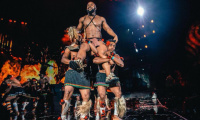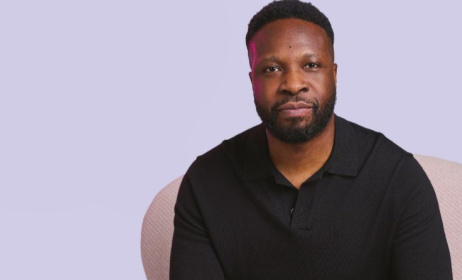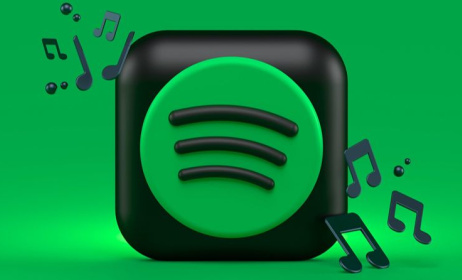Biden signs law that could lead to TikTok ban
President Joe Biden has signed into law a bill that could see short-form video app TikTok banned in the US.
 US President Joe Biden.
US President Joe Biden.
The signing comes less than a day after the US Senate voted 79 to 18 in favour of ‘the divest-or-ban’ provision. The bill was first introduced to Congress early last month after US legislators raised concerns that TikTok could be collecting and passing sensitive data to the Chinese government. Some view the legislation as a move towards censorship.
The development now means that TikTok developer ByteDance has nine months to sell the video-sharing platform, with the law giving the company 270 days to find a buyer. The US president has the option to extend the deadline by 90 days if there is evidence that a sale process is underway.
However, TikTok has said it will challenge the new law. It has insisted that its parent company is not an agent of the China or any other country, pointing to the 60% stake global investment firms have in the company.
“This unconstitutional law is a TikTok ban, and we will challenge it in court,” TikTok said in a statement. “We believe the facts and the law are clearly on our side, and we will ultimately prevail. The fact is, we have invested billions of dollars to keep US data safe and our platform free from outside influence and manipulation. This ban would devastate 7 million businesses and silence 170 million Americans. As we continue to challenge this unconstitutional ban, we will continue investing and innovating to ensure TikTok remains a space where Americans of all walks of life can safely come to share their experiences, find joy, and be inspired.”
TikTok CEO Shou Zi Chew has also given no indication that TikTok or ByteDance plan to comply with the law. “Make no mistake, this is a ban. A ban on TikTok and a ban on you and your voice. Politicians may say otherwise, but don’t get confused. Many who sponsored the bill admit a TikTok ban is the ultimate goal,” he said.
TikTok has been long embroiled in controversy due to its Chinese ownership. US lawmakers have raised concerns that the Chinese government could potentially access user information in the US and allied countries, particularly during a time of heightened tensions between China and Western nations. There are also fears that Beijing could exploit the app to manipulate public opinion, especially during elections.
TikTok has consistently denied these allegations. During a Congressional hearing earlier this year, Chew stated that the data of US users is stored on Oracle servers located in the US. “Through our US data security efforts, we have built safeguards that no other peer company has made. We have invested billions of dollars to secure your data and keep our platform free from outside manipulation.”
First Amendment proponents argue that the ban is nothing more than censorship on media that the US government cannot control.
Many industry experts are concerned about the regulatory troubles facing TikTok and the potential impact on African musicians. According to the latest TikTok Music Impact Report, users on the app have a greater tendency to discover and share new music compared to similar platforms.
The report also highlights that in the US, TikTok users are twice as likely to discover music on the platform compared to users of other similar apps. This makes TikTok a crucial marketing tool for African music genres like Afrobeats and amapiano, which are gaining popularity in North America.
On 31 January, Universal Music Group (UMG) terminated its global licensing deal with TikTok. As a result, UMG’s entire catalogue, which included about 3 million recorded music tracks and 4 million songs, was removed from the platform.






























Comments
Log in or register to post comments